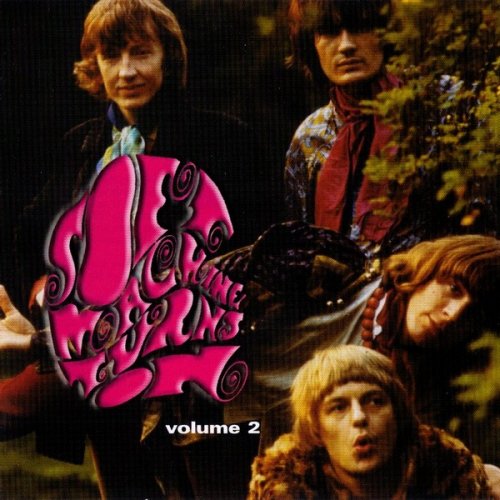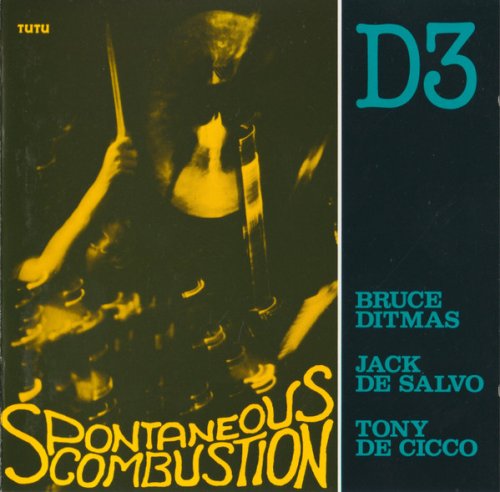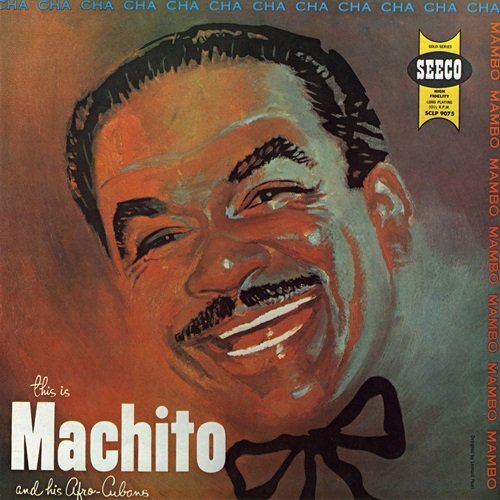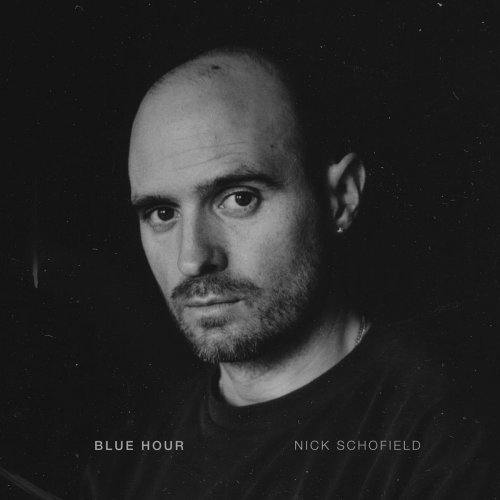Alexandre Tharaud - Chopin: Journal Intime (2009)
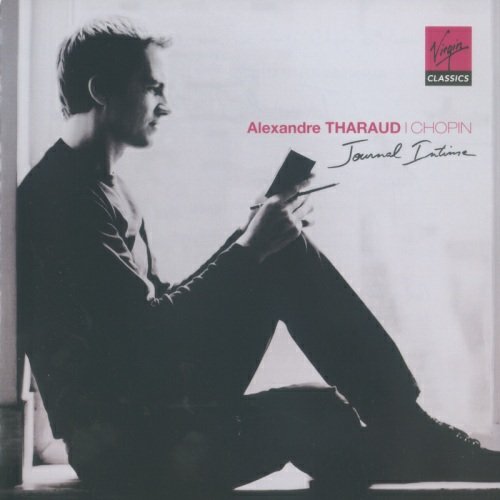
Artist: Alexandre Tharaud
Title: Chopin: Journal Intime
Year Of Release: 2009
Label: Virgin Classics
Genre: Classical
Quality: FLAC (tracks+.cue,log,scans)
Total Time: 01:04:05
Total Size: 312 Mb
WebSite: Album Preview
Tracklist: Title: Chopin: Journal Intime
Year Of Release: 2009
Label: Virgin Classics
Genre: Classical
Quality: FLAC (tracks+.cue,log,scans)
Total Time: 01:04:05
Total Size: 312 Mb
WebSite: Album Preview
1. Mazurka in C sharp minor, op. 63#3 (00:02:37)
2. Ballade No. 1 in G minor, op. 23 (00:09:00)
3. Mazurka in E minor, op. 17#2 (00:01:59)
4. Mazurka in A minor, op. 68#2 (00:02:26)
5. Fantasie in F minor, op. 49 (00:12:07)
6. Nocturne in C sharp minor, op. posthume (00:04:07)
7. Mazurka in A minor, op. 7#2 (00:03:41)
8. Ballade No. 2 in F, op. 38 (00:07:31)
9. Mazurka in A minor, op. 17#4 (00:04:29)
10. Largo in C minor (00:02:01)
11. Trois Ecossaises, op. 72 - #1 in D (00:00:56)
12. Trois Ecossaises, op. 72 - #2 in G (00:00:45)
13. Trois Ecossaises, op. 72 - #3 in D flat (00:00:47)
14. Contredanse in B flat (00:02:02)
15. Fantaisie-Impromptu in C sharp minor, op. 66 (00:05:03)
16. Nocturne in E flat, op. 9#2 (00:04:38)
Performers:
Alexandre Tharaud, piano
If one characteristic stands out on Alexandre Tharaud's Chopin: Journal Intime, it is the predominance of somber minor key works placed side by side with very little major-key sunlight interspersed to alleviate the gloom. According to Tharaud, Chopin has been a constant companion in his life, more than any other composer, and some of his most intimate feelings and memories are closely tied up in Chopin's music. If so, then one may assume that Tharaud has experienced his share of sadness and loss, for the tone of the program is quite brooding and melancholic. If not, then these are precisely the kind of moody pieces one might choose to create an impression of pensive intimacy and personal communication, in lieu of true personal sorrow. Whichever is true, this is a rather gentle and soft album of Chopin's miniatures, and when the mood shifts from overcast, it is almost exclusively to the stormy expressions, which quickly return to the shadows. With only the three Ecossaises, a Contredanse, and the closing Nocturne in major keys, the mood is lifted only slightly toward the end, but listeners will more likely remember the album being slightly depressive as a whole and lacking in resilience and muscle.
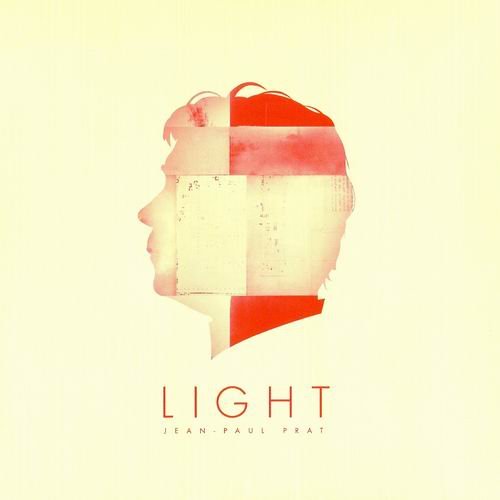
![Arti & Mestieri - D-Brane [Blu-Spec CD] (2025) Arti & Mestieri - D-Brane [Blu-Spec CD] (2025)](https://www.dibpic.com/uploads/posts/2026-02/1770627659_r-35759971-1766638983-3381.jpg)
